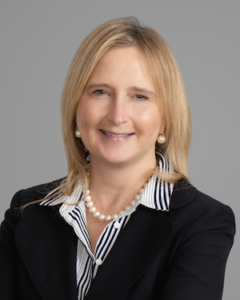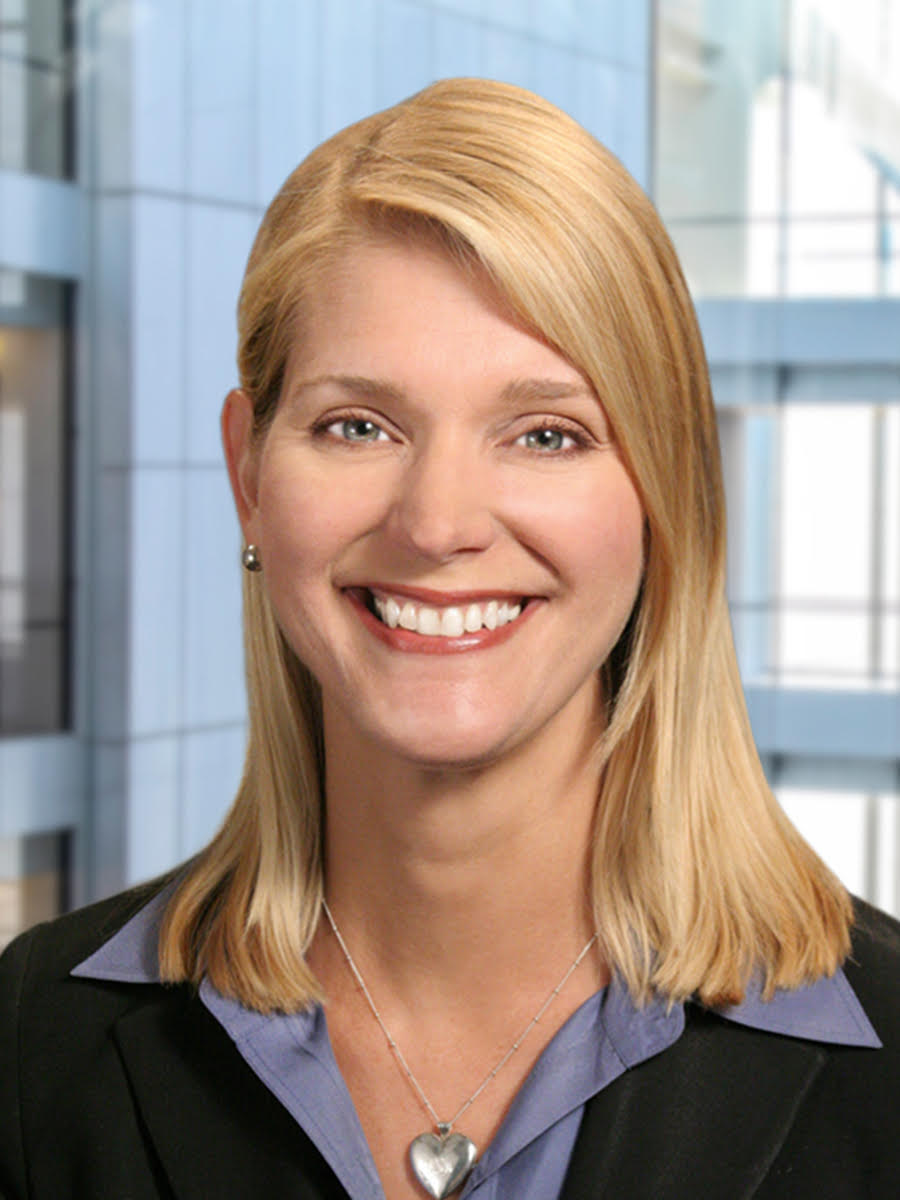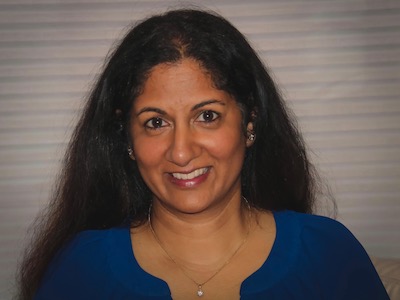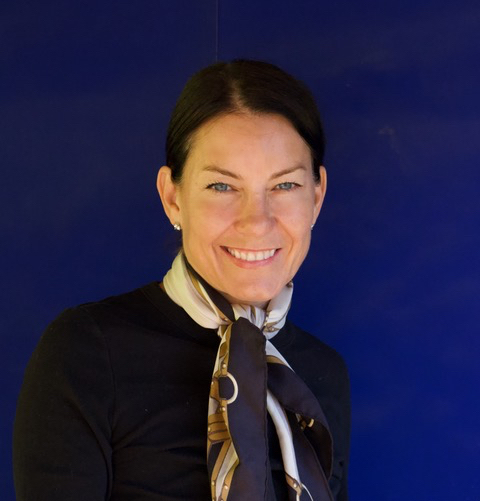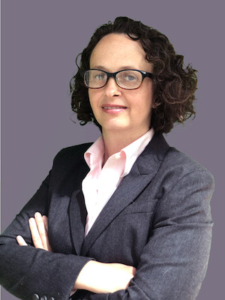 Navigating change at work is applicable to everyone in their career right now. Working with an executive coach can help with adapting to the new environment of work from home and adjusting your mindset to deal with the changes that, due to a pandemic, seem to be here to stay for a while.
Navigating change at work is applicable to everyone in their career right now. Working with an executive coach can help with adapting to the new environment of work from home and adjusting your mindset to deal with the changes that, due to a pandemic, seem to be here to stay for a while.
Executive-level jobs in the financial services and Fortune 500 are not exempt to disruption as the economic damage starts to take effect and it is very possible that companies will start slashing budgets and downsizing later this year. So now, not later, is the time to prepare to make your next career move.
It won’t be the old-fashioned tap on the shoulder informing you that your team is being consolidated and there is no place for you. The digital version of getting marched out of the building can provoke the same feelings of rejection, shame, anxiety and fear of what job to do next. If you are fired or made redundant, furloughed or re-org’ed out, then all is not lost. Instead, start with your own inner voice and control your psychology around what just happened, as self-talk and old fears and feelings can easily surface at this point. Your unconscious mind will enjoy slapping you with paradigms developed over a lifetime. These can take many forms; for those with imposter syndrome it could be “told you so, you didn’t belong there.” In the case of general self-worth concepts it could be the shame of “letting them down,” even though when I push my clients to further consider this internal message the “them” is mystical, general and undefined.
The best investigation you can do into your own constructs can be done using concepts from Lahey and Kegan’s work in Immunity to Change. This is a book I write about often and pursue with coaching clients to help them understand how to break out of implicit notions that your brain is quietly telling you. These notions are working as the operating system beneath all the human apps or hacks that you think you are running for things like productivity and mastery in your life.
In times of potential trauma, such as job loss, you are faced with a choice of how to recover, as there are many emotions and thoughts involved with this type of situation. The best thing you can do is let go of any negative emotions such as anger or bitterness or shame. This is often easier said than done. Get perspective, as most likely this is not about you personally in these COVID-19 times. Use this event instead as reframe the change as an opportunity to understand what you enjoyed most, and least, about both the job itself and the company culture. This will help you figure out what is next for you professionally. If you have any kind of decent financial cushion, make a promise to yourself that you will not make rash decisions and instead take the time to reflect on what you really want to do. That could come quickly if clarity happens, which is why a good coach can help you by supercharging you and your process. What do you need more of? Less of? How do you get what you want? This can be more satisfaction, more time, more flexibility, more money, a different title or even a complete pivot into a different career.
Not Furloughed or Fired but Ready for a Change
Even if things are steady at work it is okay to think about making a change, especially if your industry doesn’t look robust in terms of future sustainability or growth. See the writing on the wall regarding how your company is dealing with employees during COVID-19. Look for actions and behaviors. Are they laying off staff in other departments or teams? How are they doing it? Is there a voluntary severance program in place where the deal is lucrative? If so, perhaps it is worth talking to your manager about the future, specifically your future. This can be a courageous conversation to have so make sure you are in good standing with your boss as of course there is risk attached. If everything looks steady, find ways to ensure you make your value visible at all times. Working smarter not harder is the key here.
Take this time to think about what you want long term. In these exhausting times, it is easy to just survive the day and pour a cocktail on a Friday to celebrate getting through another week at work. Do an exercise of “flash forward” and picture yourself three years from now; what are you doing work-wise? Which firm are you in, if any, and what does your day-to-day look like? Start with the end in mind and start to think about the steps that could be taken to get there as Rome (or anything) was not built in a day. What skills do you need to develop? What connections do you need to make? What does starting the transition or pivot to a new job, career or industry look like? Herminia Ibarra’s fabulous book Act Like a Leader, Think Like a Leader very much argues that we are all in transition, and we just might not know it yet. From this perspective, looking at networks and skills is a worthy action at all times. I highly endorse her work, and this is a consistent recommendation from me to my coaching clients across senior levels on Wall Street, tech, fintech, healthcare and pharma.
As gloomy as things might seem right now with the outlook for the economy and personal risks in going to work, it is ultimately an ideal time to figure out what you want and what works for you. Things will return to a normal of sorts, but who knows when? Think about the last time you interviewed for a job. You might have been in a different place in your life and it’s okay to acknowledge that everything has changed. Not least, you have a chance to think about your enhanced skillset. And surely all of our resilience muscles have increased, as we have been resourceful though quarantine, kids crawling in to zoom meetings and productivity despite lack of connectivity. You are better placed than ever to be the best executive version of yourself!
If you wish to have a complimentary, exploratory conversation to see if executive coaching with Nicki Gilmour or one of our associate coaches could help you navigate your career this year and beyond, then please select the time that works best for you from the link below.
Event: Exploratory Coaching chat – see full list of times

